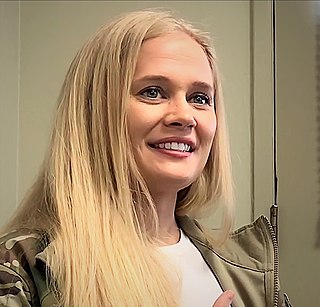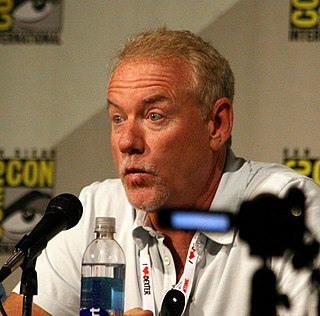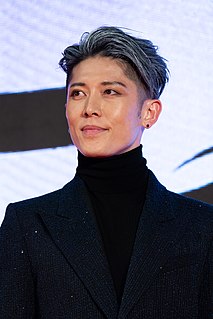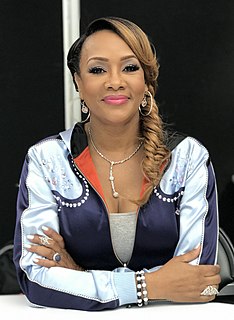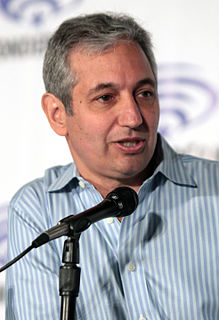A Quote by Adam Carolla
I think if you create something and you get an audience for it, then the monetization part is really secondary.
Related Quotes
I think that's a great opportunity, to pick a script where you can build up a good skill. I think the main thing I look for when I look at scripts is if it's inspirational. If it's something that teenagers can relate to. And is it something that the audience is going to get something out of. If not, then it's really not worth doing.
I think I became a better writer after I started writing for the New Yorker. Well, I know I did. And part of it was having my New Yorker editor and part of it is that was when I started really going on tour and reading things in front of an audience 30 times and then going back in the room and rewriting it and reading it and rewriting it. So you really get the rhythm of the sentences down and you really get the flow down and you get rid of stuff that's not important.
There's this idea, particularly in pop music and a lot of these pop father/manager types, that you're selling the person instead of the song. You basically want to create something that the fans relate to because it's exactly like them. So there's a lot of art that's made to be in the image of the audience, but then the audience is imitating this version of themselves. It's a really weird cultural feedback loop, and it's kind of strange to watch. It's a new thing since I was a kid, really a different thing.
I think you have to do the stories that interest you and hope an audience likes it, rather than doing stories that you think the audience will like, whether you like them or not. I think there has to be something that you find compelling and interesting, and then hopefully an audience will agree with you.
The first splurge of creativity is kind of free, and the last 30 percent is painstakingly hard work, but it's good to light a fire and make it public and create that expectation. It's become part of the writing process, really, a way to ask the audience what they think, how they think it's going. I can't write songs in a vacuum.
What I react against in other people's work, as a filmgoer, is when I see something in a movie that I feel is supposed to make me feel emotional, but I don't believe the filmmaker shares that emotion. They just think the audience will. And I think you can feel that separation. So any time I find myself writing something that I don't really respond to, but I'm telling myself, 'Oh yes, but the audience is going to like this,' then I know I'm on the wrong track and I just throw it out.

